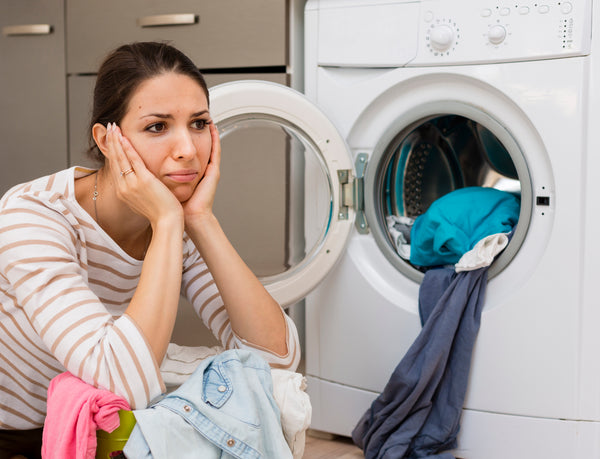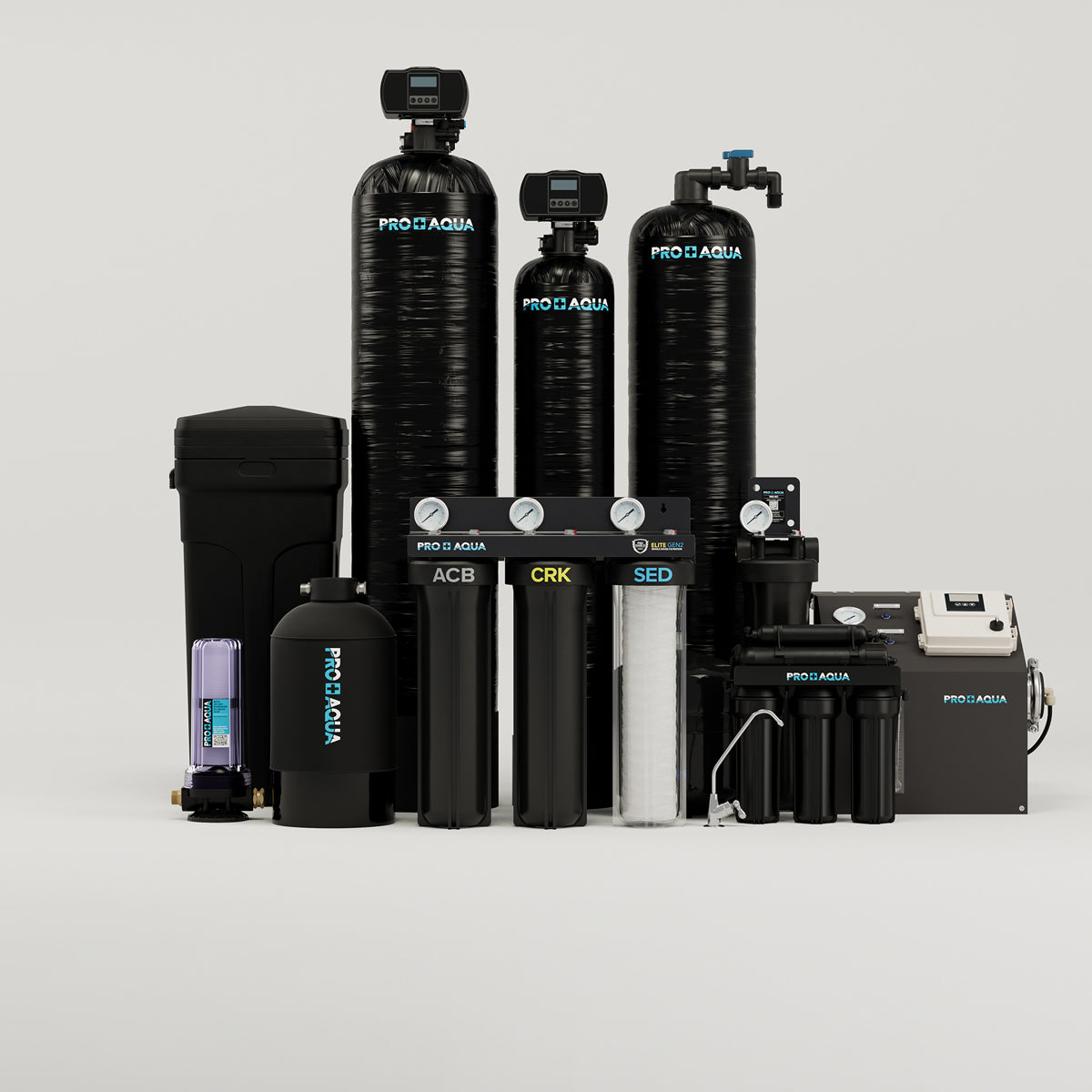Who would have thought that the water in your plumbing can cause so much damage in various parts of your home? We’ll go over some problems to look out for, especially if you live in an area that is known for hard water.
Water Heater
Water heaters are the first victim of hard water. The combined heat and amount of water that passes through this appliance make it a target for limescale buildup within the walls of the heater and the heating element. Water heaters have an anode. This helps to attract particles of iron, limestone, or other minerals present in hard water through an electrochemical process. This sacrificial material corrodes in place of the tank, which extends the life of the water heater. It’s imperative to replace the anode every 2-5 years to prevent minerals from corroding the actual water heater tank walls.

Limescale Buildup on Faucets and Shower-heads
Limescale buildup on all faucets and shower-heads is the most common problem that occurs with hard water. They are pretty obvious since you are able to see them on a daily basis. Limescale looks like little greenish-white crystals that form on the tips of faucets and shower-heads. Limescale is corrosive and eventually, the chrome and stainless steel finish will start to pit then the buildup starts to amass as water evaporates and the calcium and magnesium are left behind.
Soap Scum
Out of all the problems that will be listed here, soap scum tops the list as most annoying. Soap and shampoos cannot dissolve properly in hard water. The minerals in the water prevent it from lathering and rinsing away. Instead, it creates a substrate on surfaces, which is the soap scum we’ve all grown to hate. The scum can be difficult to remove especially if it has been left alone for long periods of time. It usually requires manual removal with either a scouring pad, hard bristle brush, or paint scraper.
Toilet-Hard Water Stains/Rings
Mineral deposits form on surfaces that come into contact with hard water. These deposits can form within the tank, rim jets, siphon jet, and along the rim where the water level sits in the bowl. The stains can be cleaned with harsh acidic chemicals, brushes, and some elbow grease. For really tough stains, a pumice stone is required to break up the minerals. Those cleaning methods can be effective but keep in mind, you’re required to put your hands inside the bowl to clean it.

Cloudy Glasses and Dishes
There’s nothing more satisfying than cleaning your kitchen, putting in a load of dirty dishes in the dishwasher. But don’t celebrate yet, hard water strikes again! This time, you have a full load of glasses and dishes that look cloudy. The dishes are technically clean, but would you serve a guest with dishes and glasses that look like that? Probably not, so you’re left to do them by hand. At this point, you’re wondering why you even have a dishwasher if it doesn’t work properly. Don’t blame the machine, it’s the minerals that are in your water.

Irritated Skin After Bathing
Hard water minerals tend to aggravate skin conditions such as psoriasis and eczema. When the water evaporates on the skin, it causes the skin to dry out. At the same time, the soap used to bathe doesn’t dissolve properly (as mentioned above) which can leave a residue on the skin and clog pores, causing irritation, pimples and leaving skin looking dull.
Dry Brittle Hair
Another obvious side effect that hard water has would be dry brittle hair. No matter how much conditioner is used, hair that is washed in hard water will still feel dry and brittle. This is all due to the minerals in the water. Much like how regular limescale occurs, when the water dries, it leaves minerals on the hair, just like how it does on glassware in dishwashers.

Laundry
Much of the theme with hard water is that it leaves a residue of calcium and magnesium on surfaces. This is no different with fabrics, if laundry is done with hard water, detergents cannot be rinsed off properly due to the minerals causing a reaction. However, when laundry is placed in the dryer, the heat accelerates the evaporation process in which the mentioned minerals end up sticking to the fibers. The combination of detergent and hard water minerals creates dingey film or crust-like residue, which can make whites look yellow, and dark colors look faded.

Conclusion
Hard water isn’t necessarily unhealthy for people to drink. But because of the extra minerals, it can cause problems with the items mentioned above. Over time hard water minerals can start to buildup within copper pipes and can even create pinhole leaks and cause thousands of dollars in repairs. The best way to combat hard water is to install a whole house water softener. The PRO+AQUA PRO-S-80E is the perfect addition to any home that struggles with hard water. With an 80,000 Grain capacity, this softener is perfect for larger households with up to 6 bathrooms.

When hard water goes through the softener, it comes into contact with millions of resin beads that have a negative charge. Calcium and magnesium in the water have positive charged ions and are attracted to the negatively charged resin. Minerals will exchange places with salt ions that were previously attached to the resin. The finished product is water free of calcium and magnesium. This means, all the problems mentioned above can be completely avoided. Eventually, the resin beads will become saturated with minerals and will need to be recharged. This process introduces a brine solution into the resin tank through a regeneration mode that the automatic control head orchestrates. The salt ions will then swap places with the minerals on the resin, and get flushed away, leaving the resin with a negative charge. That way the process of ion exchange can resume and the system can create softened water once again.







Leave a comment
This site is protected by hCaptcha and the hCaptcha Privacy Policy and Terms of Service apply.